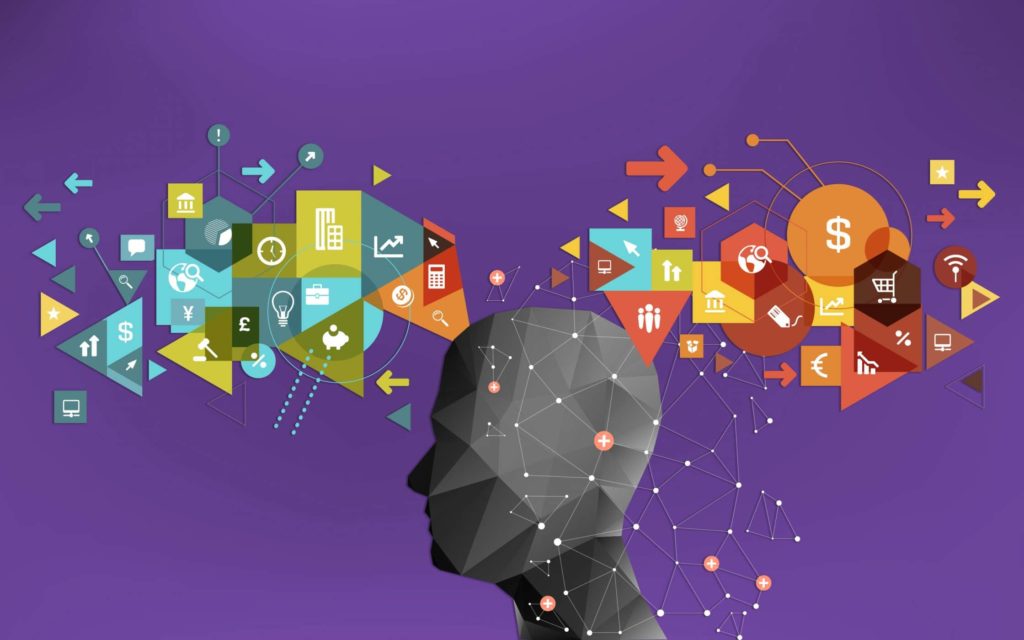
Enterprise Resource Planning (ERP) is a type of software that helps organizations manage and integrate various business processes, such as financials, human resources, supply chain management, and manufacturing. It provides a single, centralized system for managing and automating many different business functions, which can help improve efficiency and reduce errors.
Supply Chain Management (SCM) is a process that involves planning, coordinating, and managing the flow of goods, services, and information from suppliers to customers. It involves the entire network of organizations, people, activities, information, and resources involved in producing and delivering a product or service.
ERP systems often include SCM functionality, allowing organizations to manage and optimize their supply chain processes within the same system as their other business processes. This can help organizations streamline their operations and make better decisions about things like inventory management and supplier relationships.
Overview of ERP systems and their role in modern business
Fundamentals of supply chain management, including concepts like demand forecasting, inventory management, and transportation logistics
Integration of different business functions within an ERP system, such as financials, HR, and manufacturing
Best practices for implementing and using an ERP system, including project management and change management
Techniques for analyzing and optimizing supply chain performance, including data analysis and modeling tools.